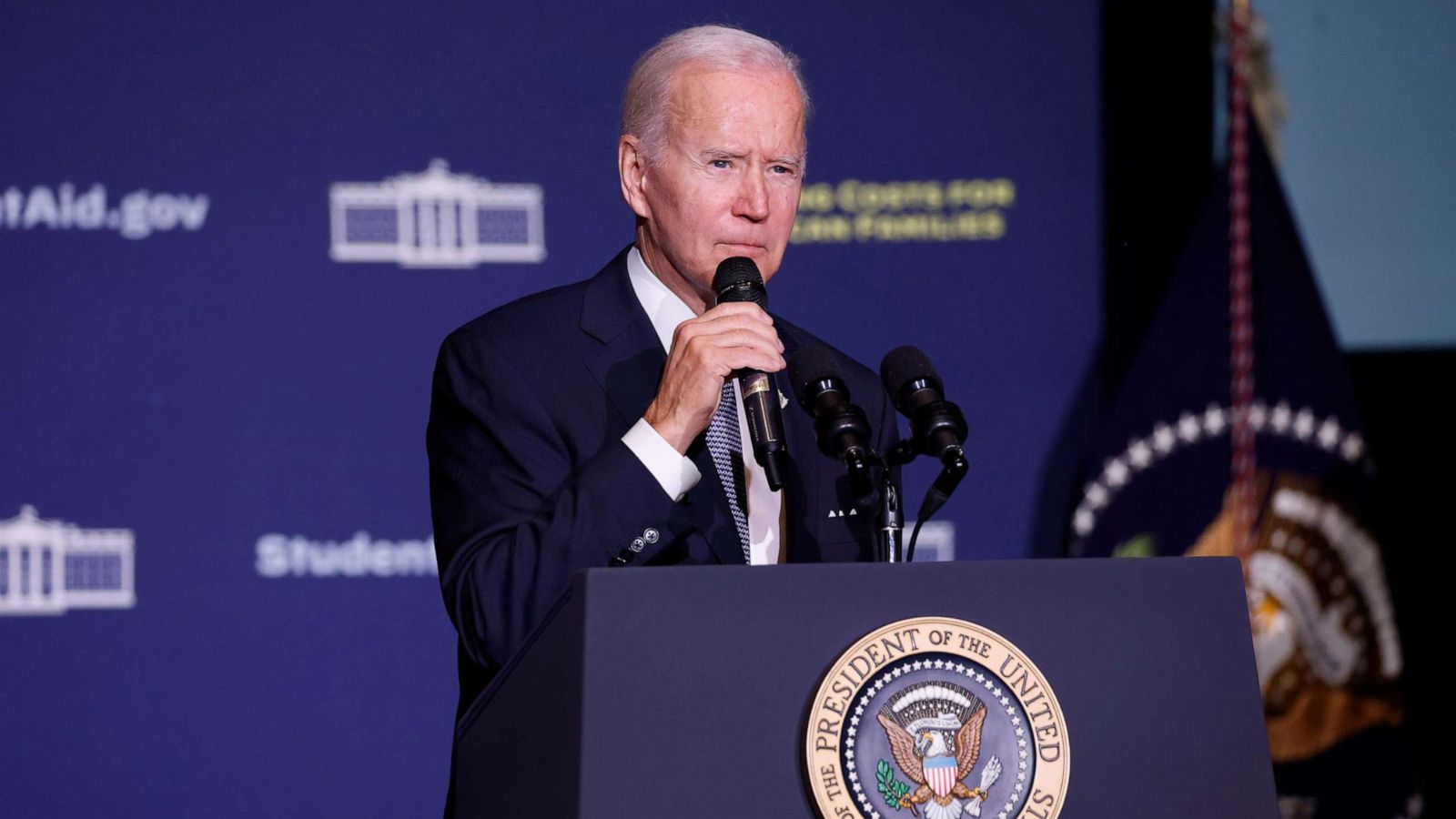Senate Republicans have introduced a resolution to overturn President Joe Biden’s student loan forgiveness program.

Joe Biden student loan forgiveness ( Photo: ABC News)
Aims to provide up to $20,000 of debt relief for eligible borrowers.
The move by Republican Senators Bill Cassidy of Louisiana, Joni Ernst of Iowa, John Cornyn of Texas, and 36 other GOP Senators comes ahead of the expected ruling by the Supreme Court on whether the program can be implemented.
The resolution would also end the pandemic-related pause on federal student loan payments that have been in place since March 2020 and are set to expire this summer.
If successful, the resolution would force members of Biden’s party who have not all been in support of the student loan forgiveness program to take a public stance. While Biden is expected to veto the resolution if it passes both the Senate and the House, it would expose divisions within the Democratic Party on the issue. Some key Democratic lawmakers have urged Biden to cancel some federal student loan debt, but not all members of the party have been supportive.
Biden’s one-time student debt forgiveness program is estimated to cost $400 billion over time, and it is aimed at helping individual borrowers who made less than $125,000 in either 2020 or 2021 and married couples or heads of households who made less than $250,000 a year.
If a qualifying borrower also received a federal Pell grant while enrolled in college, the individual is eligible for up to $20,000 of debt forgiveness. Pell grants are awarded to students from very low-income families who are more likely to struggle to pay back their student loans.
Critics argue that the program won’t change the cost of college in the future and may even lead to an increase in tuition.
They also argue that the Biden administration is abusing its power and using the Covid-19 pandemic as a pretext for fulfilling the president’s campaign pledge to cancel student debt. The legal challengers to the student loan forgiveness program are waiting for the Supreme Court’s decision, expected in late June or early July.
If the program is struck down, it could be possible for the administration to modify the policy and try again, though the process could take months. Meanwhile, a separate proposal from Biden, expected to take effect later this year, would create a new income-driven repayment plan that could lower monthly payments for both current and future borrowers.




















